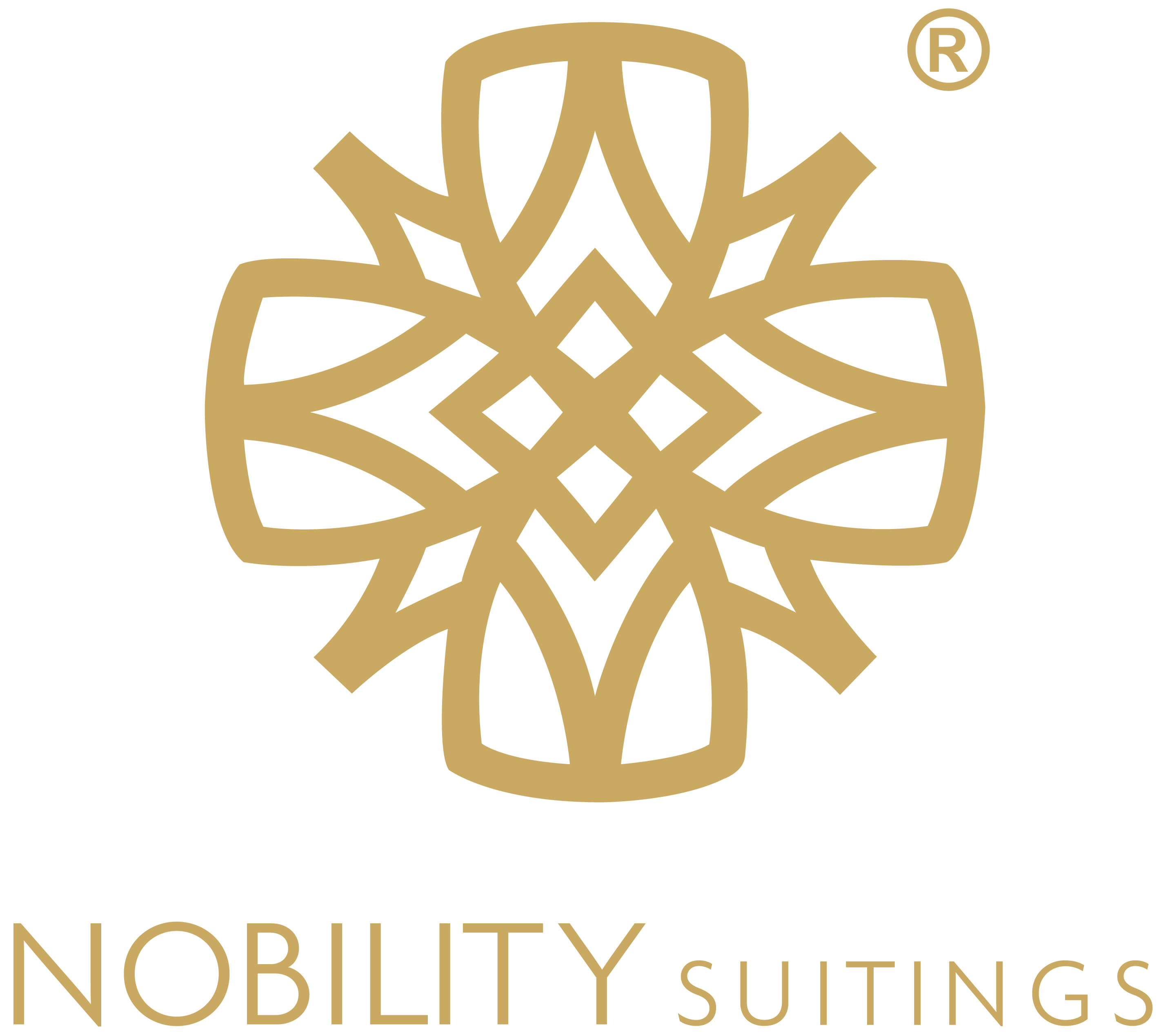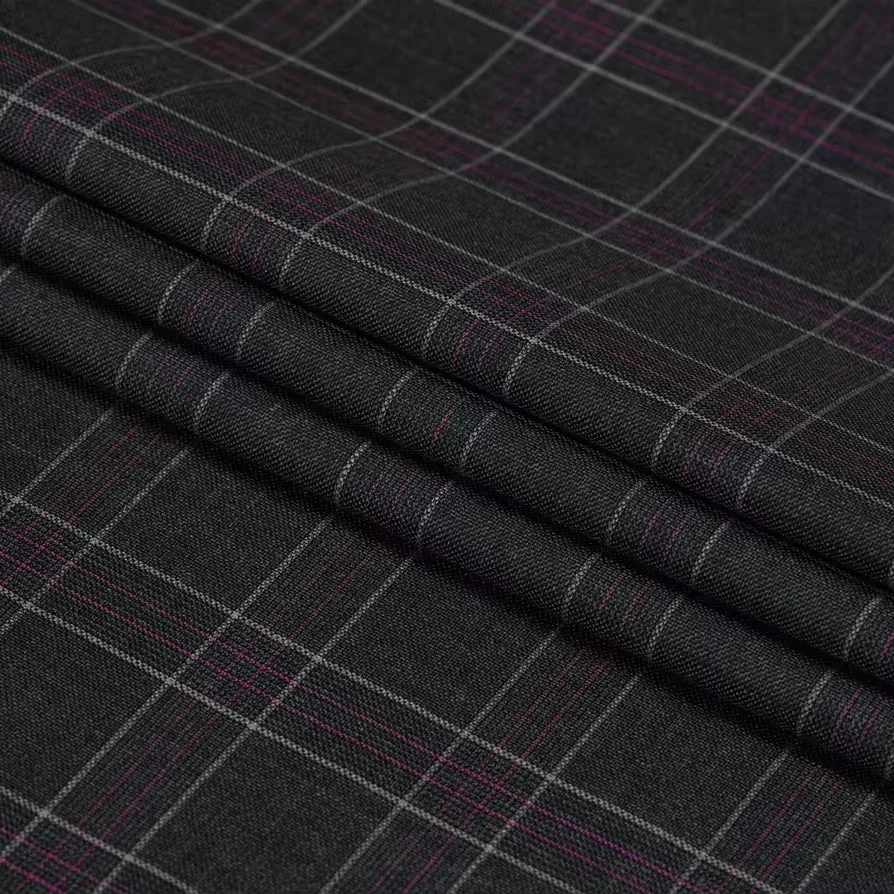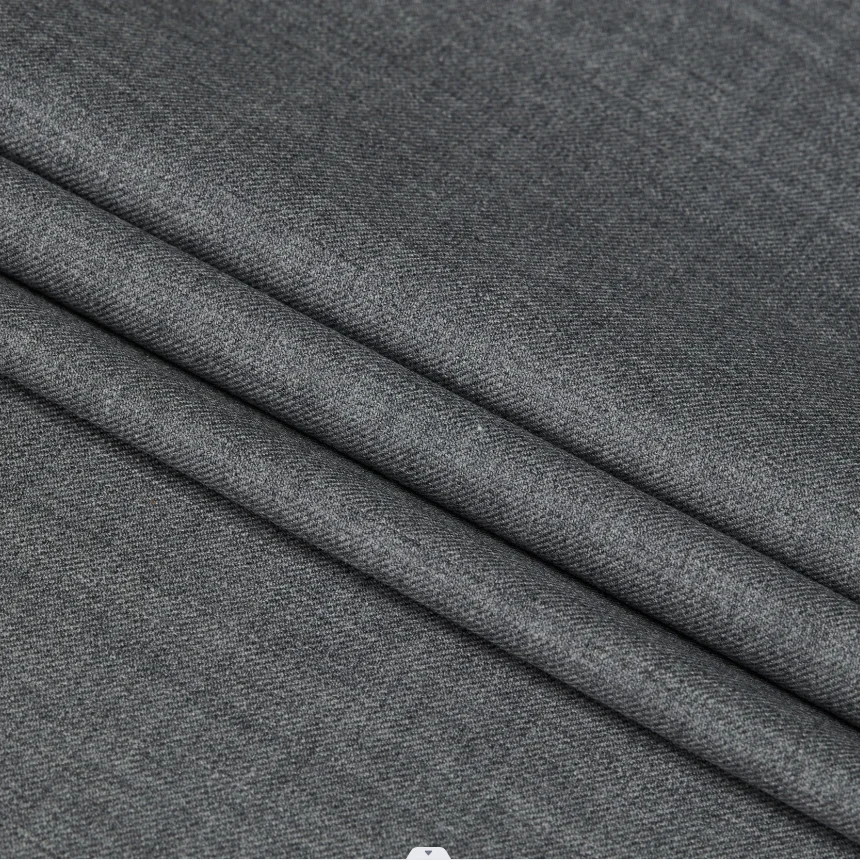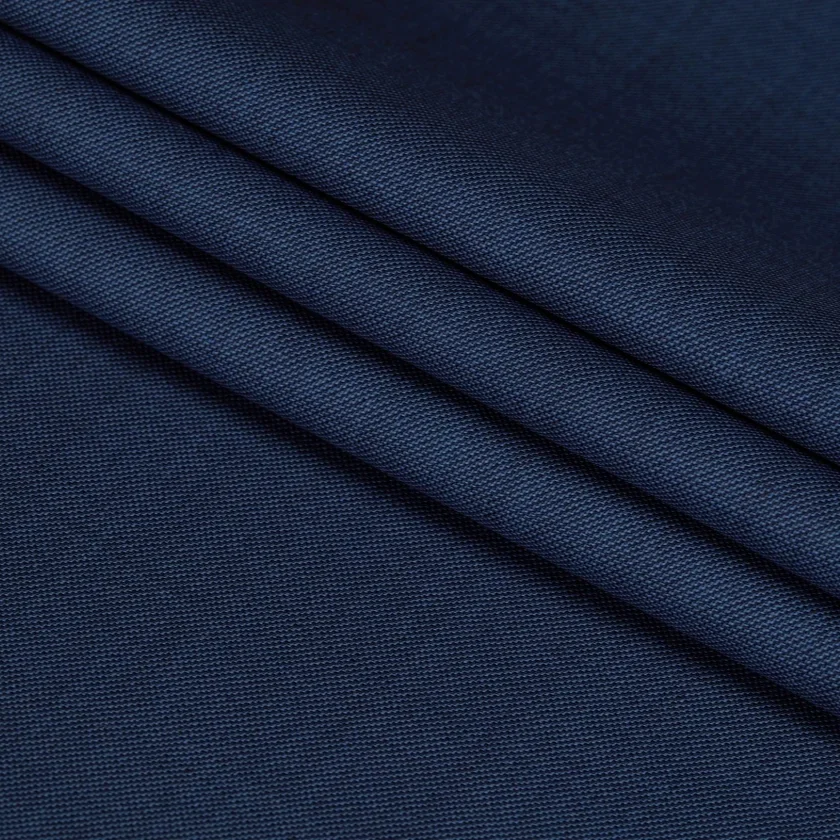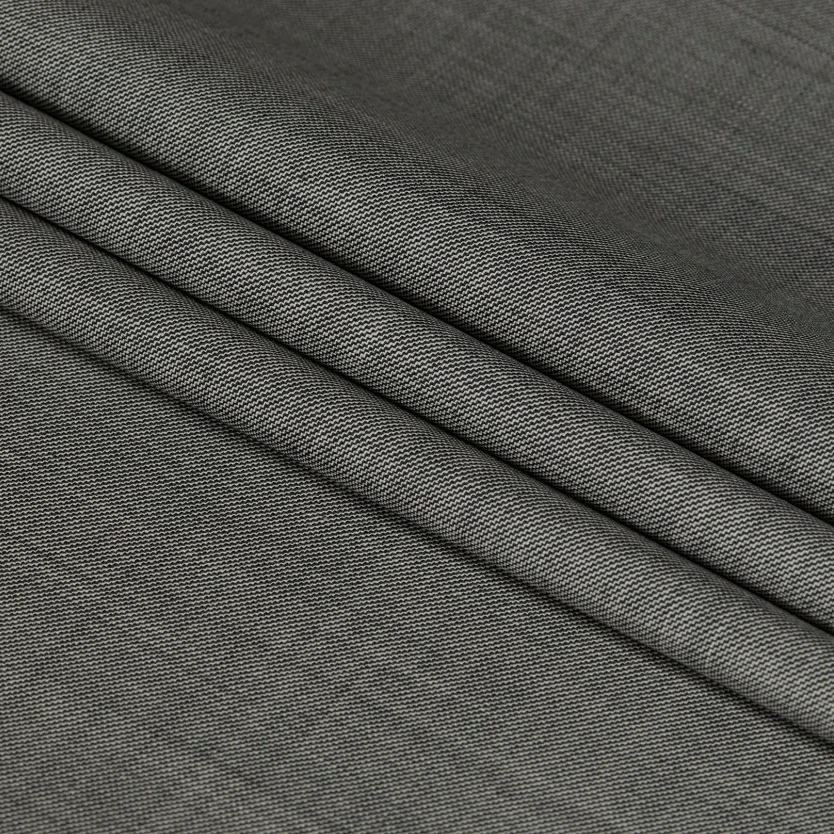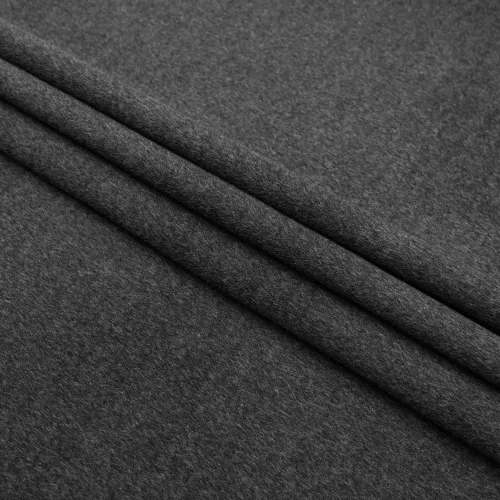merino wool blend fabric supplier
A merino wool blend fabric supplier stands as a crucial partner in the textile industry, offering high-performance materials that combine the natural benefits of merino wool with enhanced durability through strategic fiber blending. These suppliers specialize in creating versatile fabrics that maintain merino's exceptional properties while addressing traditional wool's limitations. The fabric production process involves carefully selecting premium merino wool fibers and blending them with complementary materials such as polyester, nylon, or elastane to achieve optimal performance characteristics. These suppliers utilize advanced spinning and weaving technologies to ensure consistent quality and precise fiber distribution throughout the fabric. Their products typically feature moisture-wicking capabilities, temperature regulation, and improved wear resistance, making them ideal for various applications from athletic wear to luxury fashion. The suppliers maintain strict quality control measures throughout the production chain, from raw material sourcing to final fabric testing, ensuring each batch meets specific technical and performance requirements. They often provide customization options, allowing clients to specify blend ratios, weights, and finishes to meet particular end-use requirements.
